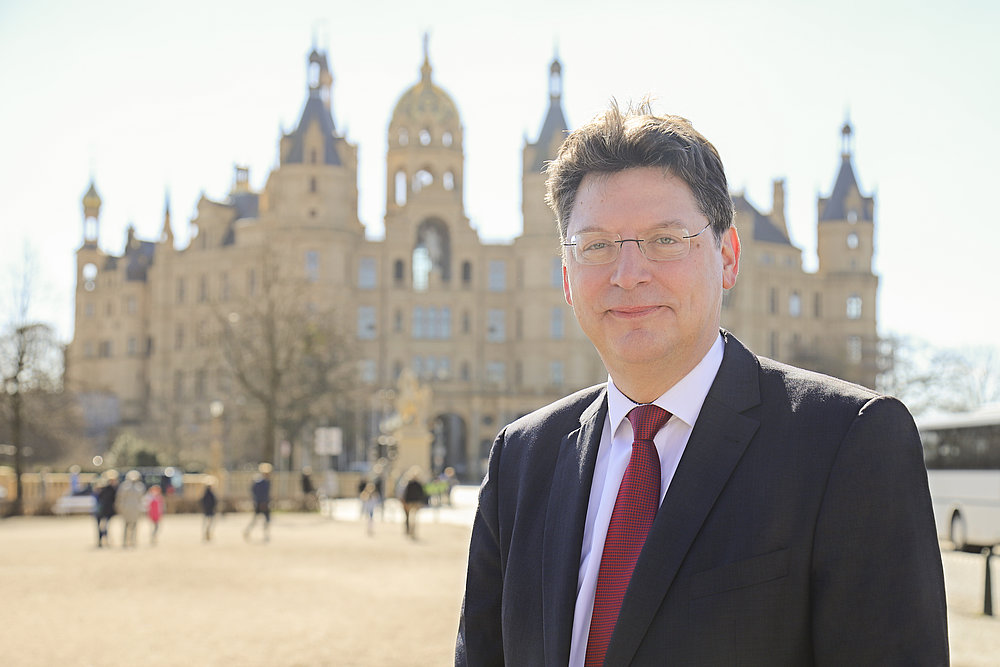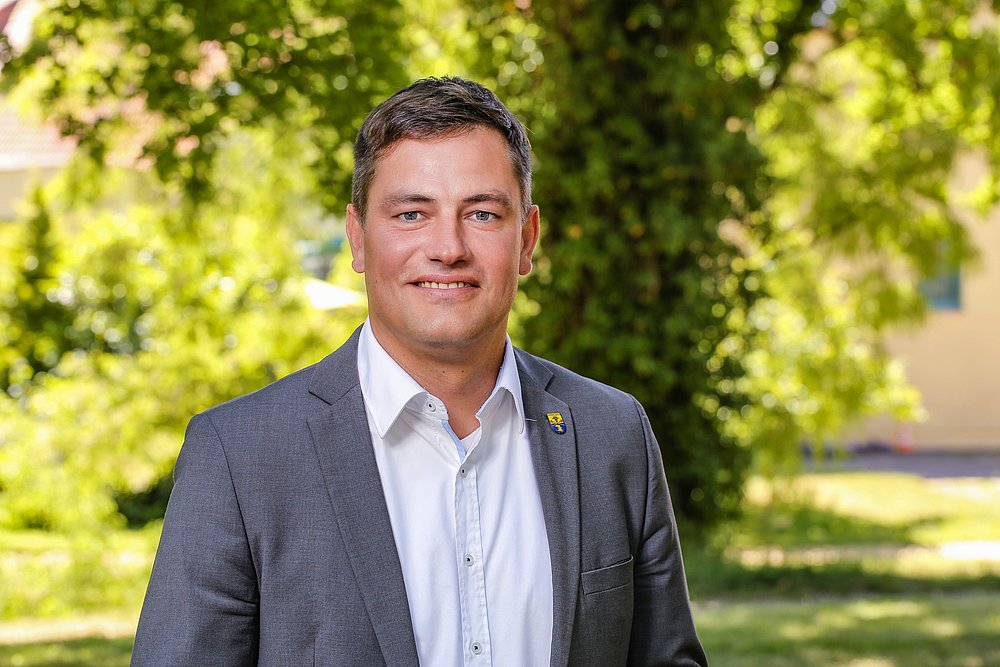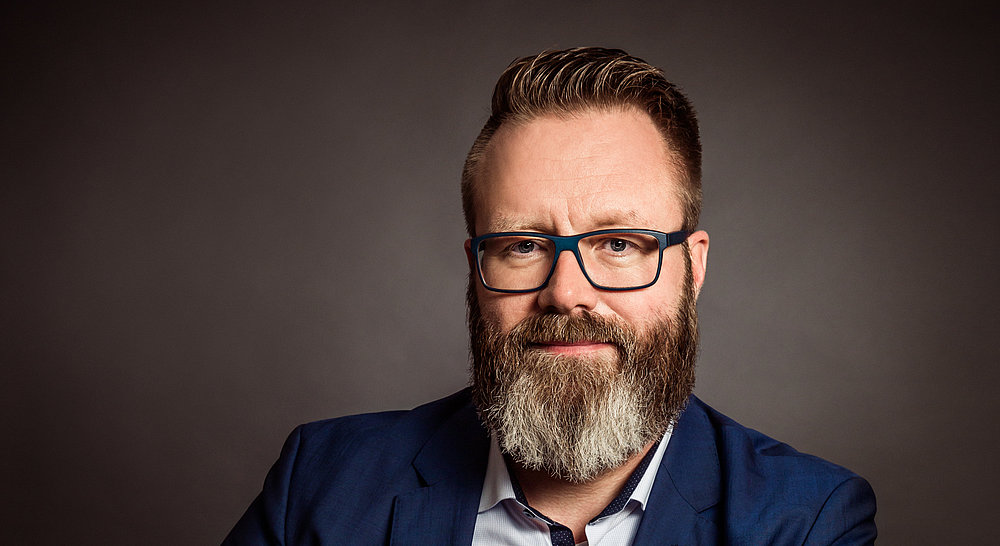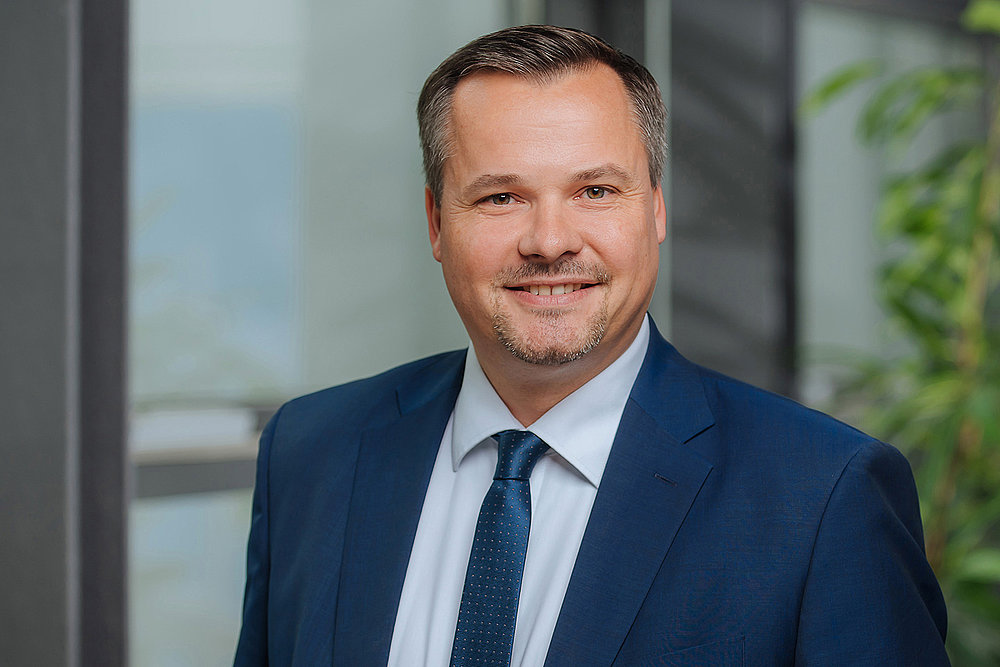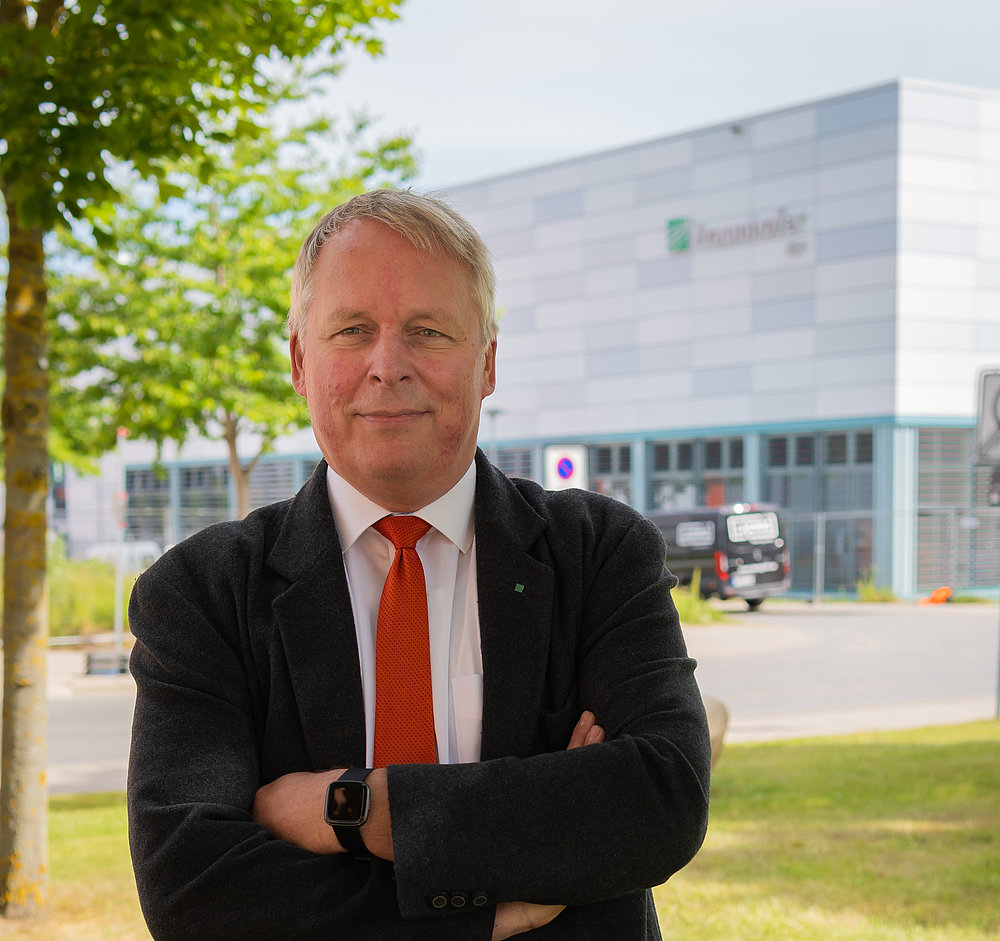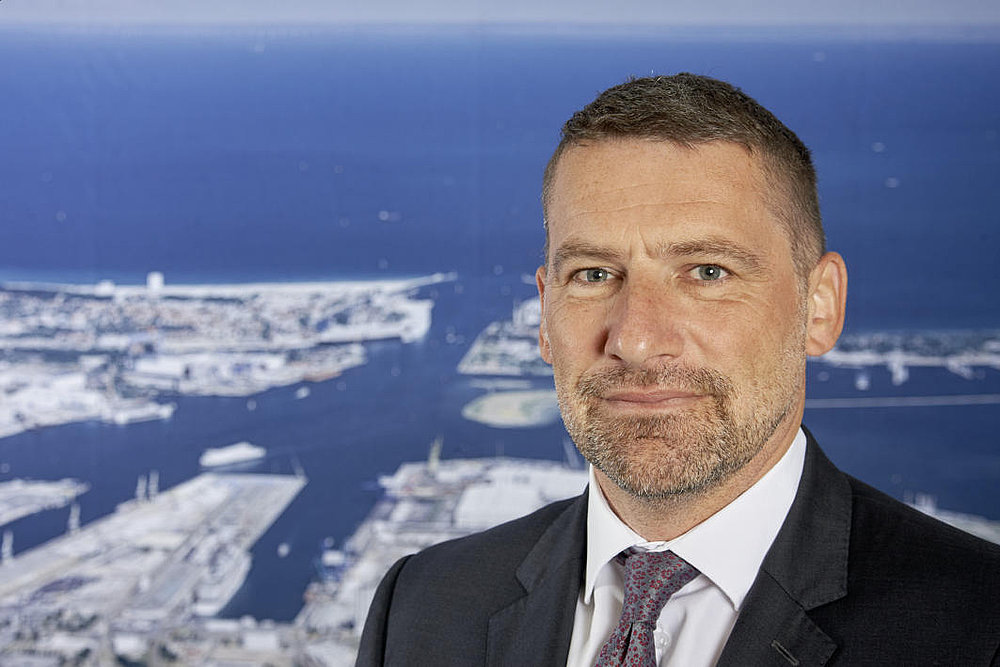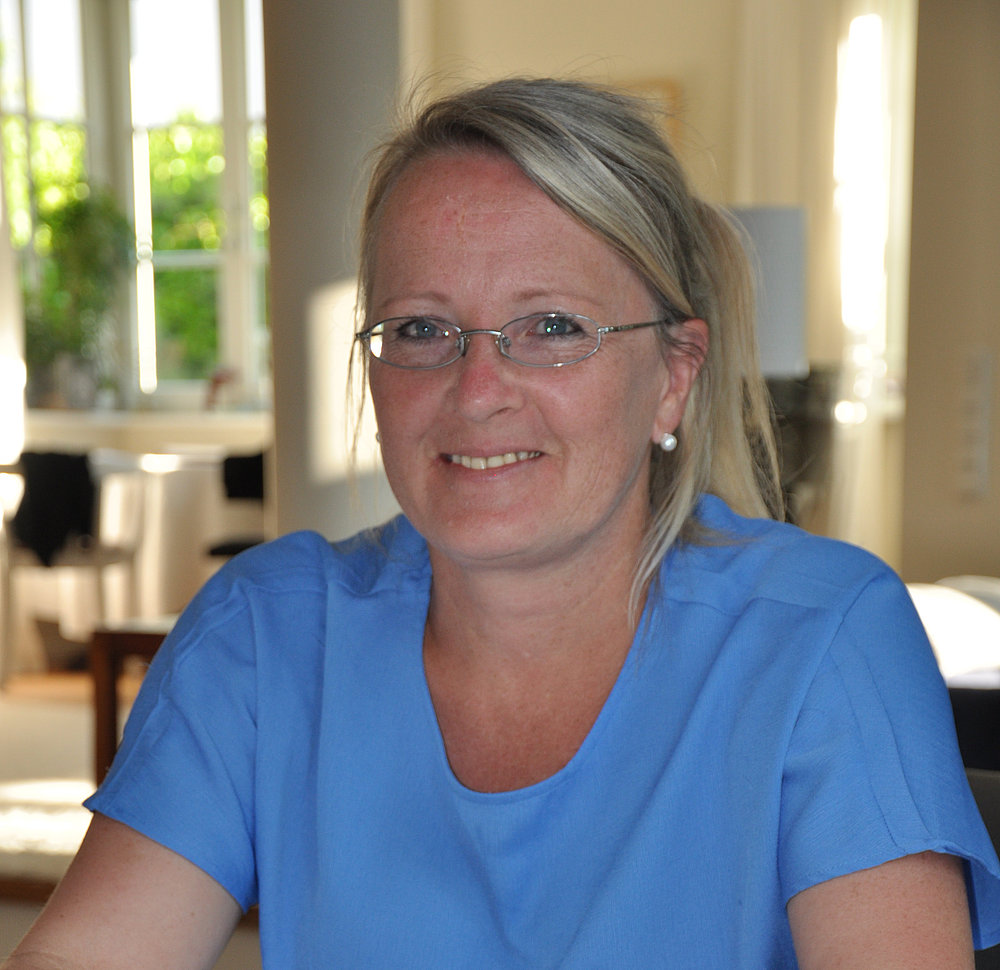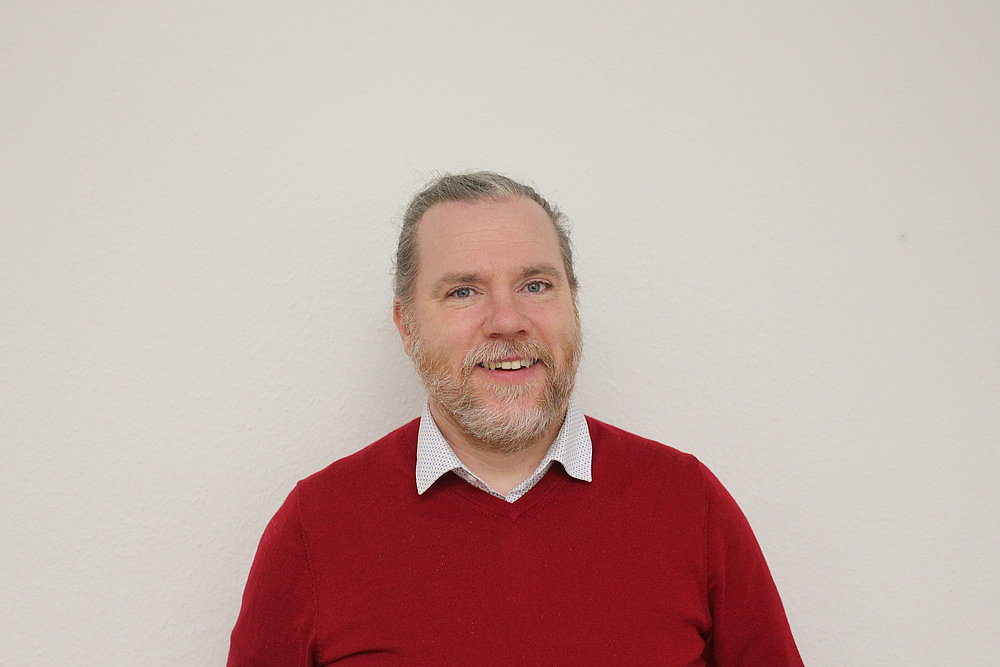The H2-VALUE chain
of the Rostock region
With unique location advantages for the production of hydrogen from regionally generated renewable energy sources and diverse projects along the entire value chain, the Rostock region offers manifold opportunities for the development and expansion of a competitive hydrogen economy with a focus on sector interconnection and storage technologies for volatile energies.
Power sources
The long coastline of the Rostock region, virtually a guarantee for wind, and the many hours of sunshine offer very favourable geographical site conditions that create optimal conditions for the generation of renewable energy. The region's potential as a location for green power sources was also recognised in the selection of the region as the site for the National Offshore Test Field, which is to be built off the coast of Rostock-Warnemünde.
Production
By 2035, green hydrogen is to be produced on a gigawatt scale at three sites in the Rostock region. Regionally generated renewable energies can flow into the planned large-scale electrolysers in a decentralised manner in diverse projects of the regional value chain as well as in supraregional cooperations, and in terms of sector coupling, the surplus heat can be used for the district heating network of the Hanseatic City of Rostock.
ProjectsInfrastructure
The development of a distribution infrastructure for hydrogen in the Rostock region is made clear by the national preselection of four major projects for the development of a European hydrogen network. In the future, this network has to develop into a nationwide network and also be able to take over storage functions, e.g. through hydrogen storage power plants. In addition, the filling station infrastructure in the region is to be successively expanded.
ProjectsUsage
The use of hydrogen and/or its derivatives offers a broad field of application in the areas of mobility, industry and supply and is reflected in the diverse projects in the region. A high nationwide offtake potential can also be expected due to the planned repurposing of the existing gas pipeline.
ProjectsResearch & Development
The energy-related academic and research institutions of the Rostock region work together with regional actors on the (further) economic development of the hydrogen region. This is reflected, for example, in the establishment of the Hydrogen Research Factory MV and the research and development activities of the Campfire Alliance.
ProjectsPower sources
The long coastline of the Rostock region, virtually a guarantee for wind, and the many hours of sunshine offer very favourable geographical site conditions that create optimal conditions for the generation of renewable energy. The region's potential as a location for green power sources was also recognised in the selection of the region as the site for the National Offshore Test Field, which is to be built off the coast of Rostock-Warnemünde.
Production
By 2035, green hydrogen is to be produced on a gigawatt scale at three sites in the Rostock region. Regionally generated renewable energies can flow into the planned large-scale electrolysers in a decentralised manner in diverse projects of the regional value chain as well as in supraregional cooperations, and in terms of sector coupling, the surplus heat can be used for the district heating network of the Hanseatic City of Rostock.
ProjectsInfrastructure
The development of a distribution infrastructure for hydrogen in the Rostock region is made clear by the national preselection of four major projects for the development of a European hydrogen network. In the future, this network has to develop into a nationwide network and also be able to take over storage functions, e.g. through hydrogen storage power plants. In addition, the filling station infrastructure in the region is to be successively expanded.
ProjectsUsage
The use of hydrogen and/or its derivatives offers a broad field of application in the areas of mobility, industry and supply and is reflected in the diverse projects in the region. A high nationwide offtake potential can also be expected due to the planned repurposing of the existing gas pipeline.
ProjectsResearch & Development
The energy-related academic and research institutions of the Rostock region work together with regional actors on the (further) economic development of the hydrogen region. This is reflected, for example, in the establishment of the Hydrogen Research Factory MV and the research and development activities of the Campfire Alliance.
ProjectsNews
ROSTOCK
Hydrogen Initiative
OUR VISION - IN 2035, THE ROSTOCK REGION WILL BE CLIMATE-NEUTRAL AND A CENTRE FOR GREEN HYDROGEN.
The Rostock Hydrogen Initiative is a regional network whose goal is to establish the Rostock region as an innovative and competitive hydrogen region along the entire value chain. The stakeholders from business, politics, research and society develop innovative approaches and initiate and support projects for a holistic sustainable transformation with the goal of climate neutrality by 2035.
Supporter
»Green hydrogen is one of the important future technologies of the energy transition. The Rostocker Hydrogen Initiative is very actively engaged with its partners in initiating and implementing new projects for the region.«
»The technological development of hydrogen-based solutions for modern industries will only succeed if we work together. We need new impulses for the district and the Hanseatic city of Rostock so that we can continue to grow powerfully out of ourselves. Above all, to inspire people to work and live in the Rostock region.«
»With our strategy to develop the Rostock seaport into an energy port, we recognise the potential of hydrogen technologies. It is all the more important to bundle these into innovative clusters with the help of the know-how of our specialists and to let them become a driving force for our economy and science. This is how we shape the future.«
»The future topic of hydrogen offers our region a great opportunity to take on a central role in the energy transition and to create more added value in the Rostock region.«
»Together with industry and research partners, we want to establish MV as a hydrogen location. Companies need applicable solutions for the use of the technologies.«
»Hydrogen is a key element for the energy transition. We are convinced that due to optimal conditions in Mecklenburg-Vorpommern, the region and the Rostock overseas port can become an industrial centre and hub for green hydrogen by 2030.«
»The CAMPFIRE Alliance of the North-East Region opens innovative pathways for ammonia technologies for regional companies and partnerships with leading companies in Europe.«
»IWEN stands for practice-oriented research and project management. The goal is to shape the energy supply of tomorrow. Hydrogen is an important key to this. This can be seen very practically in the energy port strategy we are coordinating. Here we help to show economic perspectives through accompanying research and technology transfer.«
